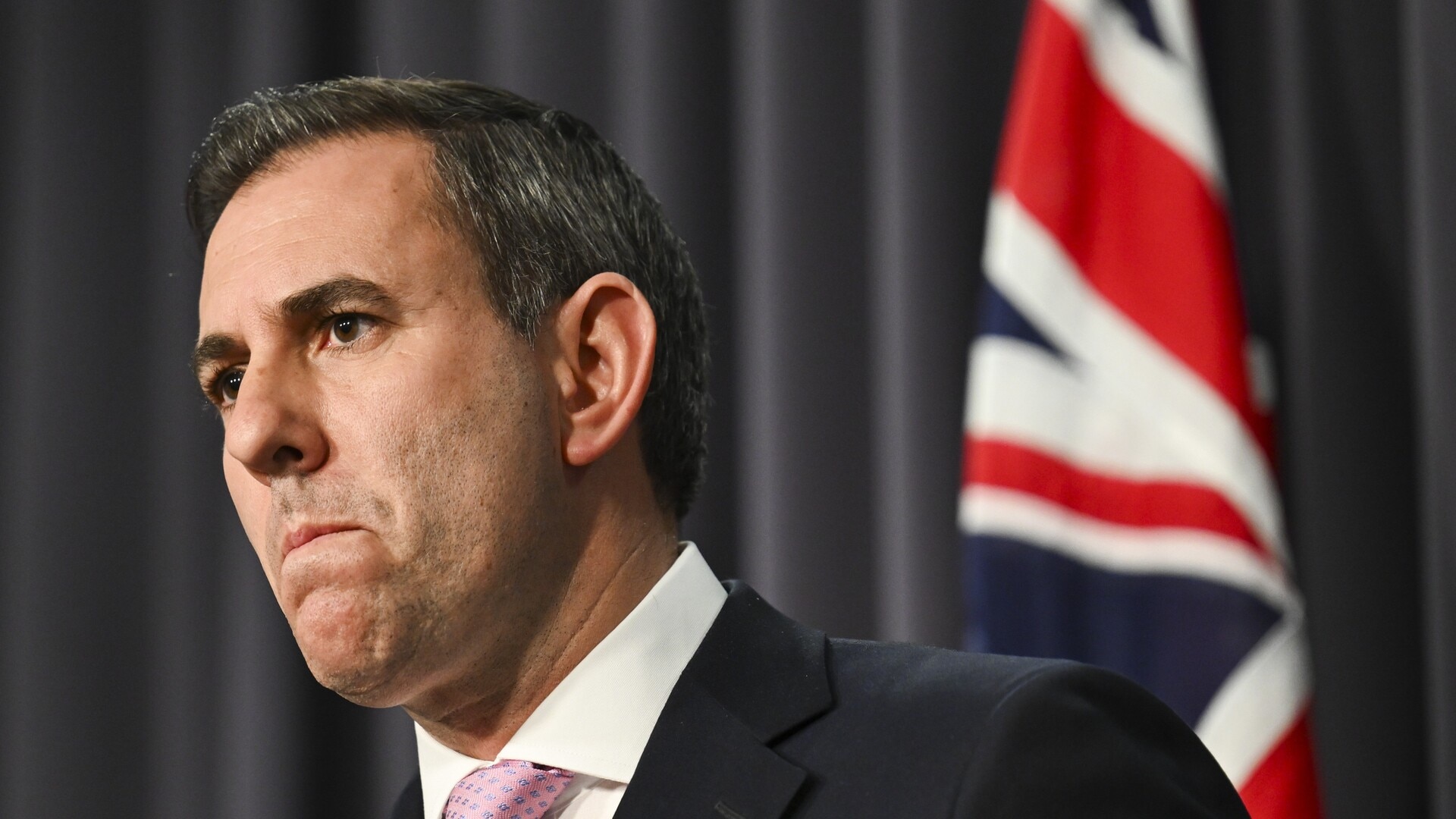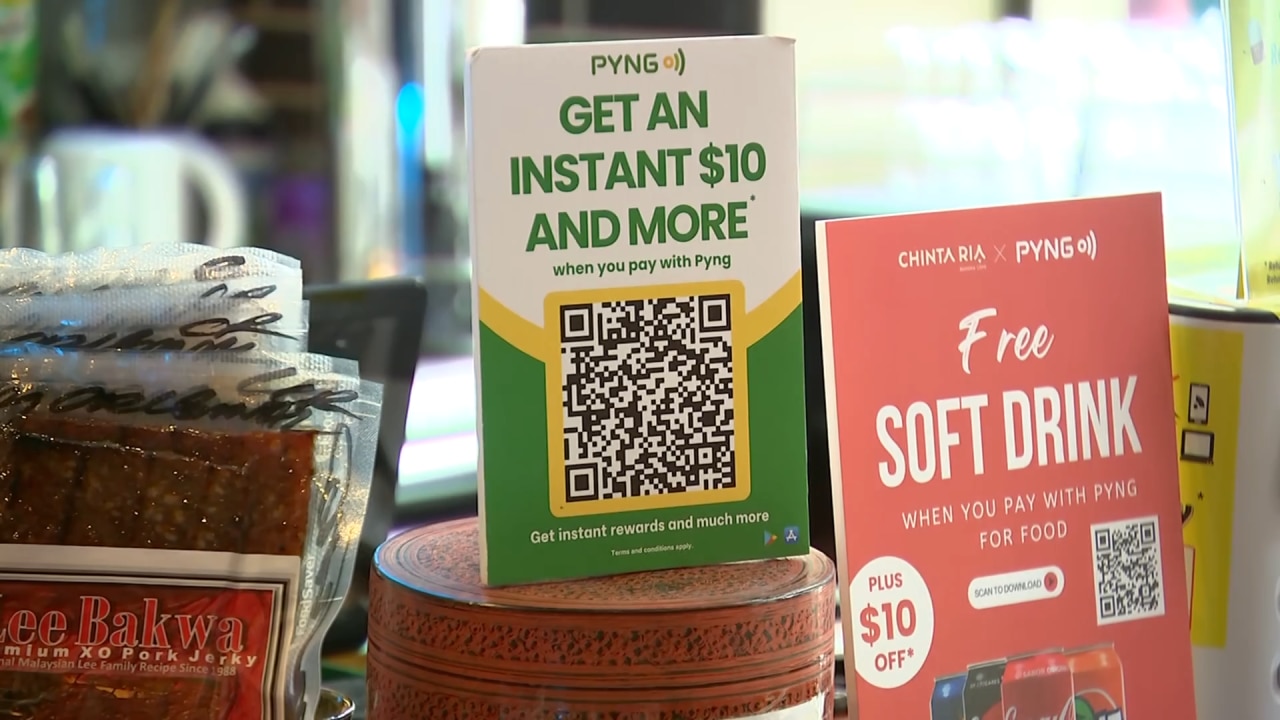An Australian start-up is launching fee-free QR payments to help shoppers avoid the cost of paying by debit or credit card – but experts have warned the technology is not without risks.
Pyng offers a solution to customers and small businesses who say they’ll be left covering the costs caused by the Reserve Bank of Australia’s proposal to ban card surcharges.
The app aims to help businesses such as Sydney restaurant Ipoh Hawker, which charges customers a flat one per cent surcharge.
Owner Justin Ng says the restaurant still absorbs part of the bill.
“I think on average we pay about 1.5 per cent. We’re actually dipping into our pocket every single time someone settles through the card,” Mr Ng told Sky News Australia.

“It’s not ideal at all, but the reality is we work on paper thin margins. I would reluctantly have to increase my prices.”
Chinta Ria restaurant owner Susanne Goh says paying surcharges is “just a way of life at the moment”.
Businesses are turning to alternative payments methods – like Sydney startup Pyng – which uses a QR code for transactions.
The app links a customer’s bank account directly to the merchant’s at zero cost.
Pyng founder Dipra Ray says the app removes the cost of middlemen.
“When I send you money through pay ID… it doesn’t cost you a cent and it doesn’t cost me a cent. So why does it suddenly change when I go to a shop?” Mr Ray said.
“The actual underlying technology to do transactions is relatively cheap. It’s just that there are far too many middlemen in the middle taking their profits.”
The company’s goal is to get two million small businesses on board.
“In the future, our plan is to charge a very small fixed fee if required to be able to cover our costs.
“But you know, we’re not trying to be as greedy as the banks. We’re just trying to create a non-disruptive way of making payments.”
Visa’s Oceania group country manager Alan Machet says QR transactions may not carry the same protections if things go wrong.
“There always is a catch and I referenced earlier the zero liability set up for visa cardholders,” Mr Machet told Sky News.
“If it wasn’t you who did the transaction, you’re never liable. One of the benefits we have is exactly that security – the mechanism to dispute.”
Independent Payments Forum Co-Founder Brad Kelly has submitted an enquiry to the RBA about consumer protection for account-to-account payments.

“There are no standards around QR codes, there is no security around QR codes, there is no standard customer experience,” he said.
“Obviously for a litre of milk, we don’t need consumer protection. But if you’re buying an airline ticket and there is a risk between the time you pay for it and the time you get the goods – you’re protected. And that is part of the Visa, Mastercard, Eftpos rules.”
The RBA is accepting feedback on the proposed policy options until August 26.
The surcharge ban is scheduled to take effect from July 2026.
